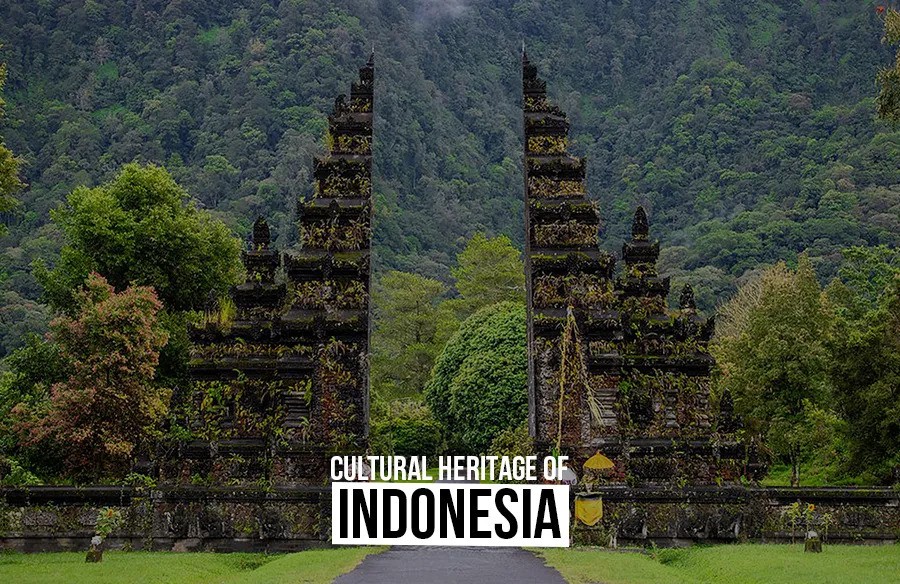Protecting Indonesia’s cultural heritage is crucial to its rich history and traditions. Working to safeguard and promote cultural heritage provides national identity as well as educational and economic benefits.
Cultural Heritage Sites
Indonesia boasts abundant cultural heritage sites, from ancient temples and historic buildings to archaeological sites that reflect the nation’s rich history and varied cultural influences. Notable examples are the Borobudur and Prambanan temples on Java, which are recognized as UNESCO World Heritage sites; protecting these landmarks is essential to ensuring future generations can appreciate and learn from them.
Traditional Arts and Crafts
Traditional arts and crafts form an essential component of Indonesian cultural heritage, featuring practices such as batik, wayang kulit (shadow puppetry), traditional weaving, and supporting local artisans who practice them are essential in maintaining these practices. Supporting local artisans while promoting traditional crafts helps maintain these practices over time; efforts to market and preserve traditional crafts also contribute towards local economies and cultural tourism initiatives.
Celebrate Festivals and Special Occasions
Cultural festivals and celebrations play an integral role in showcasing Indonesia’s heritage. Events like Nyepi (Balinese Day of Silence), Lebaran (Eid al-Fitr), and other regional celebrations highlight traditional customs, music, dance, and cuisine. They also provide opportunities for cultural exchange while creating national pride and contributing to tourism revenues. They also bring tourism dollars directly into local economies while supporting local businesses.
Challenges Facing Heritage Preservation
Preserving cultural heritage presents several difficulties, such as urbanization, environmental degradation, and insufficient funding. Rapid development and climate changes threaten heritage sites and practices; responding to these obstacles requires collaboration among government agencies, local communities, and cultural organizations; raising awareness, securing funds, and implementing conservation measures are essential for effective heritage preservation.
Education and Tourism Coexistence in Indonesia
Education and tourism play important roles in protecting and celebrating Indonesia’s rich cultural legacy. Educational programs about its history and traditions foster appreciation and respect for cultural heritage while managing tourism responsibly. They can also offer economic advantages while supporting conservation efforts. By engaging with cultural heritage through both means, locals and visitors contribute to its preservation and celebration and keep its rich legacy alive for future generations to enjoy.


